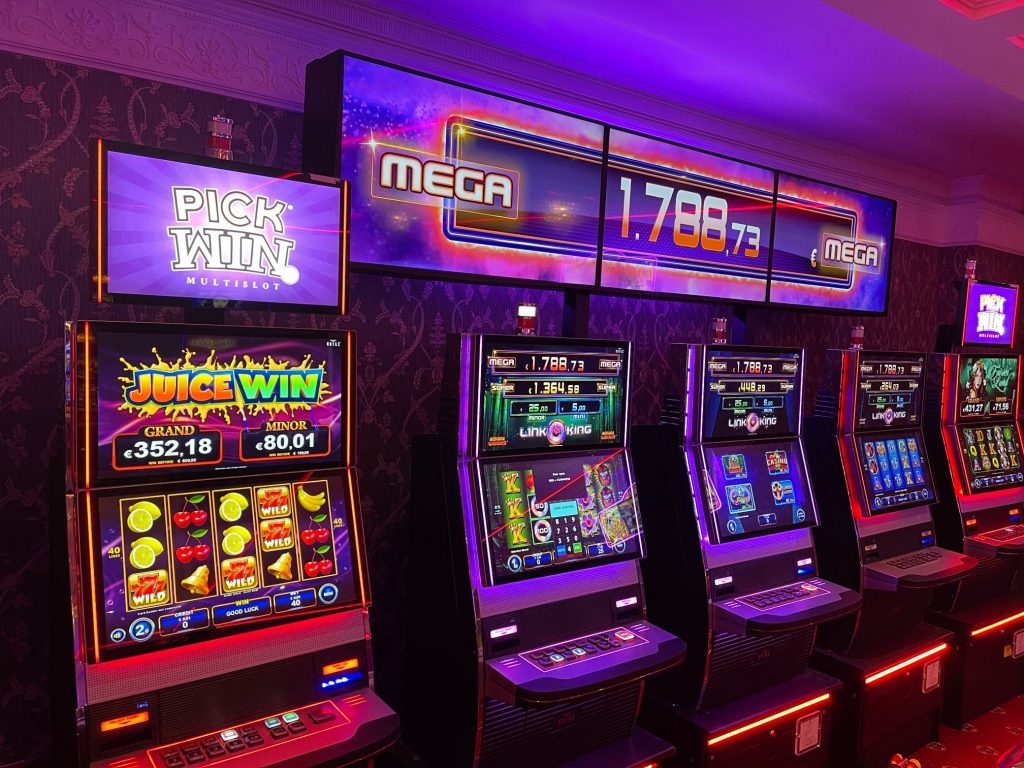
Casino games have long been an integral part of human culture, providing not just entertainment but a fascinating reflection of our hopes, wishes, and fears. From the turning reels of a slot machine to the tactical play of poker, these games encapsulate a range of human feelings and experiences. At their core, casino games are more than a chance to win money; they are a reflection of life itself, where risk and reward converge and fortunes can change in an eye blink.
As players assemble around tables or sit in front of vibrantly illuminated machines, they participate in a ritual that transcends mere playing. These games echo our instinctive desires for connection, adventure, and the quest for chance. They also disclose deeper truths about human behavior, such as our relationship with chance and the adrenaline of the unknown. In exploring casino games, we discover not only the nuances of play but also the rich tapestry of the human story, showcasing our woven narratives of aspiration and reality.
The Psychology of Gambling
Wagering is intrinsically connected in human psychology, appealing to various feelings and wants. The thrill of risk-taking is a core aspect that attracts participants, be it the excitement of spinning a roulette or the excitement of drawing a winning card in poker. This adrenaline is frequently likened to other forms of excitement, as the uncertainty of outcomes triggers a distinct psychological response. Gamblers often become entranced by the possibility of winning big, leading to an almost magnetic draw toward gambling games.
Another, a crucial component of the psychology behind gambling is the concept of hope and ambition. Players often nourish dreams of financial freedom and the opulent lifestyle that can accompany winning. This hope fuels their continued participation in casino games, as it provides a sense of purpose and the belief that a transformative win could be just one bet away. The story of beating the odds and achieving success resonates with many, strengthening their commitment to play and engage with these games.
Lastly, social dynamics play a significant role in gambling psychology. Casino environments are designed to promote social interaction, where gamblers gather to share the experience of wins and losses. This communal aspect not only enhances enjoyment but also influences behavior, as individuals often imitate the actions of others in their vicinity. The social validation found in shared excitement can enhance the emotional experience, making casino games a mirror of not just personal desires but also collective engagement within the gambling community.
### Risk and Reward: A Double-Edged Sword
Gambling activities embody the subtle balance between risk and reward that resonates deeply with the human experience. The rush of placing a wager is often accompanied by a rush of adrenaline, as gamblers are confronted with the chance of a huge payout, yet fully aware of the potential to lose. This dual experience reflects a core aspect of life: the choices we make often come with inherent risks, and the pursuit of reward can compel us to take chances we might not typically consider. In this way, casino games mirror real-world decisions, enticing gamblers to risk not just their money, but also their aspirations.
The allure of grand jackpots and winnings fuels a feeling of positivity, inspiring gamblers to envision a brighter future that could emerge from a fortunate turn of the roulette or turn of a card. This positive outlook can motivate individuals to engage in riskier behaviors, urging them to extend their limits in search of monetary success. However, just as in life, the consequences of these risks can lead to both triumph and despair. The stories of both jackpot winners and those who have lost everything at the casino demonstrate the random nature of chance and its impactful repercussions on our lives. non GamStop
Ultimately, the experience of engaging with casino games serves as a vivid illustration of the human condition. Every session played is filled with the tension of uncertainty, as gamblers weigh the gains against the dangers. This interaction not only highlights the thrill that comes with betting but also reveals the risks that come with the desire for more. As we explore the challenges of decision-making and consequence in both the casino and in life, we find that the search for benefit shapes our character and experiences in significant manners.
Community and Solitude in Casino Culture
Gambling environment is a special blend of communal interaction and personal pursuit, reflecting the contrasts of human experience. Gamblers often gather around tables, experiencing in the thrill of the action, celebrating wins, and sympathizing over losses. This communal aspect is essential, as it establishes a sense of belonging and bonding among diverse groups of individuals. Regular visitors to casinos may form friendships and develop routines, turning the casino into a second home where they feel connected to a greater community of players.
However, the appeal of gambling games can also result to isolation. As individuals become engrossed in the excitement of playing, they may withdraw from personal relationships or fail to interact with the world outside the casino. For some, the search of a windfall can distract from genuine relationships, leading to loneliness. The situation of being among others yet feeling solitary is not rare, as the attention shifts from shared enjoyment to the individual concerns of each player’s journey.
This interplay of community and isolation creates a vivid tapestry that defines casino atmosphere. It showcases the complexity of social interactions, where happiness and sorrow exist together. Casinos serve as both a sanctuary for social engagement and a platform for individual struggles, illustrating how intimately connected our yearning for connection and the personal quest for wealth can be. In navigating this environment, players confront their own narratives—seeking both the thrill of the wager and the companionship of other gamblers, eventually mirroring the wider spectrum of human experience.